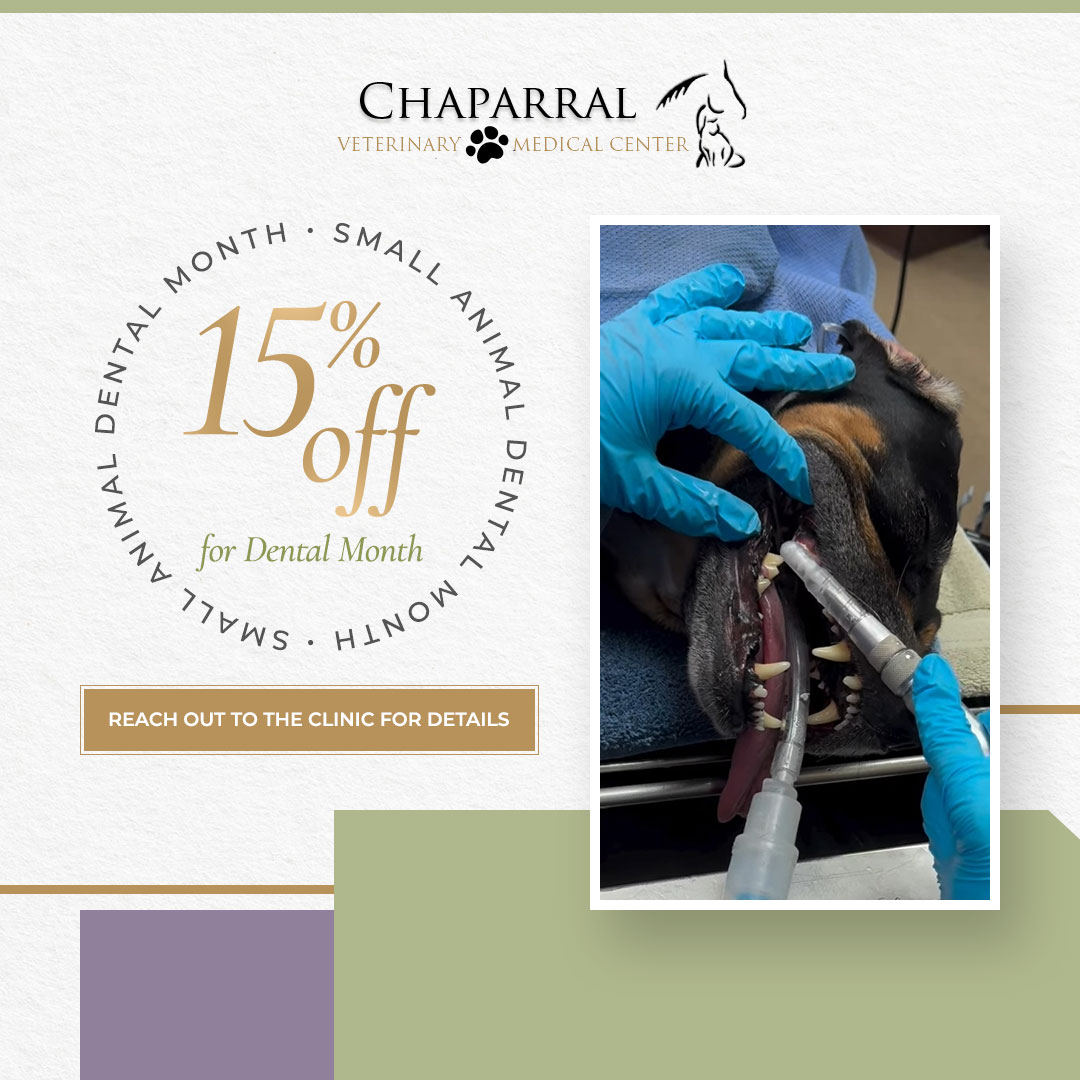Cave Creek, AZ 85331
What Is a Coggins Health Certificate?

You may come across the term “Coggins health certificate” if you own a horse. The document is an essential requirement in the horse industry. It protects the equine population, shielding them from a potentially deadly infectious disease. The illness is commonly called equine infectious anemia (EIA). If you own horses, learning what a Coggins health certificate is can be crucial.
Understanding Equine Infectious Anemia (EIA)
Equine infectious anemia, also called swamp fever, is a viral disease. It affects horses, donkeys, and mules and is transmitted through blood-to-blood contact. It often occurs through biting insects like deer flies and horseflies.
EIA can have severe consequences, including anemia, weight loss, and organ damage. It can result in death in some cases. It poses a significant risk to the equine population due to its contagious nature, making prevention and control vital.
The Purpose of a Coggins Health Certificate
A Coggins health certificate proves that a horse tests negative for EIA within a specified period. It allows horse owners and event organizers to ensure only EIA-negative horses are present, thus minimizing the risk of disease transmission.
Obtaining a Coggins Health Certificate
A veterinarian must perform a blood test on your horse known as a Coggins test which detects the presence of antibodies to the EIA virus. Your veterinarian can issue a Coggins health certificate if the test results are negative. The certificate includes the horse’s identification information and the test date. It will come with the veterinarian’s details and the test results.
Coggins Test Frequency
Coggins tests are required annually for horses involved in interstate transportation. It is also a requirement for horses participating in events such as horse shows, trail rides, or races. Some states may require additional testing requirements.
It is crucial to check the specific regulations of your location. Regular testing ensures that any horses infected with EIA can be identified promptly. They are to be isolated, and appropriate measures to prevent the spread of the disease are enforced.
Traveling With Horses
A Coggins health certificate is essential when transporting horses across state lines. States and federal regulations mandate a valid Coggins test result within a specific period. It is usually within the past six to twelve months, depending on the destination. The certificate should accompany the horse during transportation. It demonstrates compliance with these regulations and prevents any legal issues.
Many countries have strict regulations regarding EIA. These include specific testing protocols and quarantine. You must research and follow the import requirements of the destination country if you plan to travel internationally with your horse.
You may need to get other documents including an international health certificate and vaccination records. Work with your veterinarian and the appropriate government agencies. Doing so will help ensure compliance before traveling internationally with your horse.
Responsible Horse Ownership
Obtaining and maintaining a valid Coggins health certificate is being responsible. It ensures the health and well-being of your horse. It also demonstrates your commitment to protecting the equine community at large.
Regular testing and compliance with Coggins requirements are helpful. It contributes to the health and longevity of the horse industry. It allows for continued enjoyment and participation in equine activities.
For more about Coggins health certificate, contact Chaparral Veterinary Medical Center in Cave Creek, Arizona. You can call 480.595.8600 to book an appointment today.













